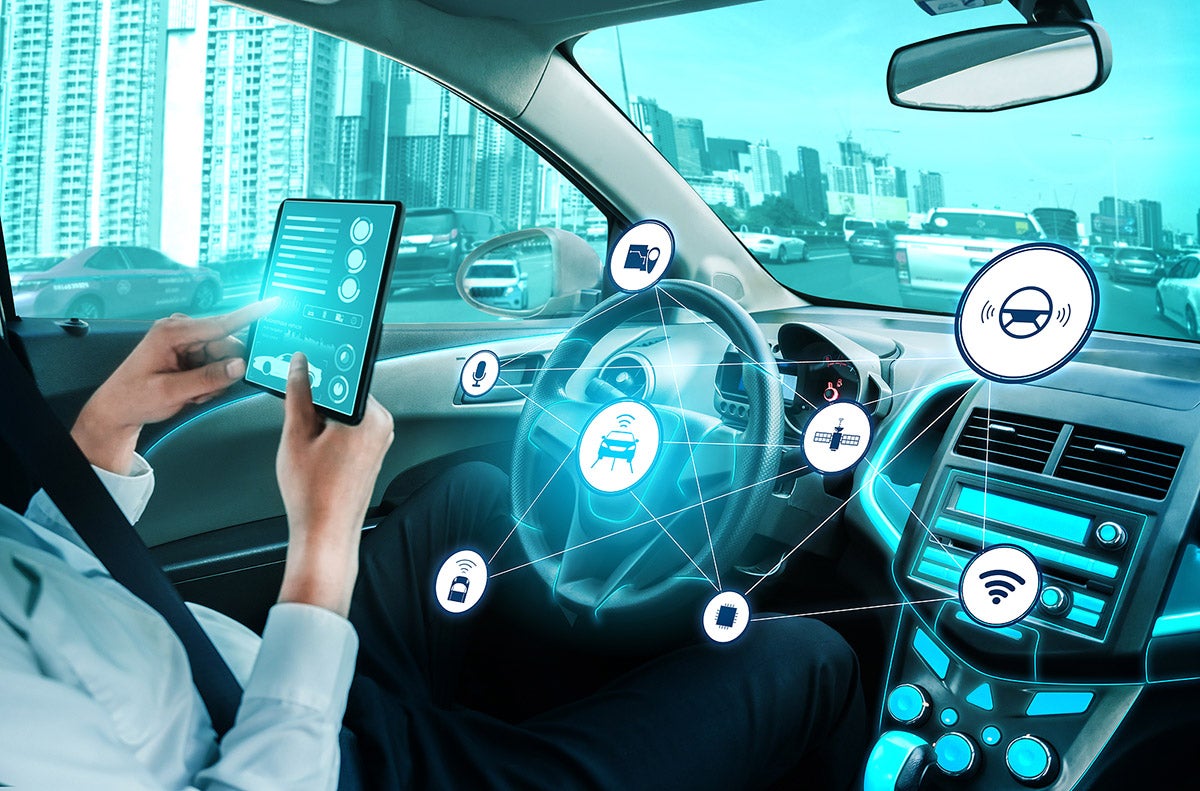Connected Cars Privacy Concerns & Solutions
The Constant Data Stream: What Your Connected Car Knows
Modern vehicles are increasingly sophisticated, boasting features like GPS navigation, in-car Wi-Fi, and over-the-air software updates. These advancements are fueled by a constant stream of data collected by the car’s various sensors and systems. This data includes your location, driving habits (speed, acceleration, braking), destination history, even the music you listen to. This constant data collection is the foundation of many convenient features, but it also raises significant privacy concerns.
Data Breaches: A Vulnerable Target
Connected cars, like any internet-connected device, are vulnerable to cyberattacks. A successful breach could expose your personal information – not just your driving habits, but potentially your home address, financial details linked to your account, or even access to remotely controlling your vehicle. The sheer amount of data collected and the potential for widespread impact make connected car security a critical issue.

Third-Party Data Sharing: Who’s Watching?
Many car manufacturers share data collected from your vehicle with third-party companies, often without explicit consent or clear explanation. This data might be used for targeted advertising, market research, or even sold to data brokers. Understanding which companies have access to your data and how they use it is crucial, yet this information is often buried deep within complex terms and conditions.
Location Tracking: Always On, Always Knowing
The GPS functionality in your connected car constantly tracks your location. While useful for navigation, this constant tracking raises privacy concerns, particularly if the data isn’t securely protected or is shared with unauthorized parties. This can lead to concerns about stalking, targeted advertising based on your movements, or even insurance companies using location data to unfairly increase premiums.
Data Retention Policies: How Long is Too Long?
Car manufacturers often have data retention policies that dictate how long they keep your vehicle’s data. These policies can vary significantly, with some companies retaining data indefinitely. Understanding the length of time your data is stored and the measures taken to secure it during this period is vital for maintaining privacy.
Data Minimization and Purpose Limitation: A Privacy-Focused Approach
One effective solution is to focus on data minimization and purpose limitation. This means only collecting data that is strictly necessary for the functionality of the car’s features and using it only for its intended purpose. For instance, if GPS data is only needed for navigation, it shouldn’t be used for advertising or other unrelated purposes. Manufacturers should be transparent about what data is collected and why.
Stronger Security Measures: Encryption and Access Control
Implementing robust security measures is paramount. This includes encrypting data both in transit and at rest, using strong passwords and authentication methods, and implementing rigorous access control protocols to limit who can access your vehicle’s data. Regularly updating the car’s software is also crucial for patching security vulnerabilities.
User Control and Transparency: Informed Consent
Drivers should have greater control over their data. This includes the ability to easily access, delete, or limit the sharing of their data. Manufacturers need to provide clear, understandable privacy policies that detail what data is collected, how it’s used, and with whom it’s shared. This transparency allows users to make informed decisions about their privacy.
Independent Audits and Regulations: Enhancing Accountability
Independent audits of connected car systems can help ensure compliance with privacy standards and identify potential vulnerabilities. Furthermore, robust regulations are needed to hold manufacturers accountable for protecting user data and to establish clear guidelines for data collection, use, and sharing practices. Governments should actively develop and enforce these regulations.
Consumer Education and Awareness: Taking Control of Your Privacy
Finally, educating consumers about the privacy implications of connected cars is crucial. People need to understand what data is being collected, how it’s being used, and what steps they can take to protect their privacy. This includes understanding the terms and conditions associated with their vehicle and exercising their rights to control their data. Please click here to learn about privacy in connected cars.
